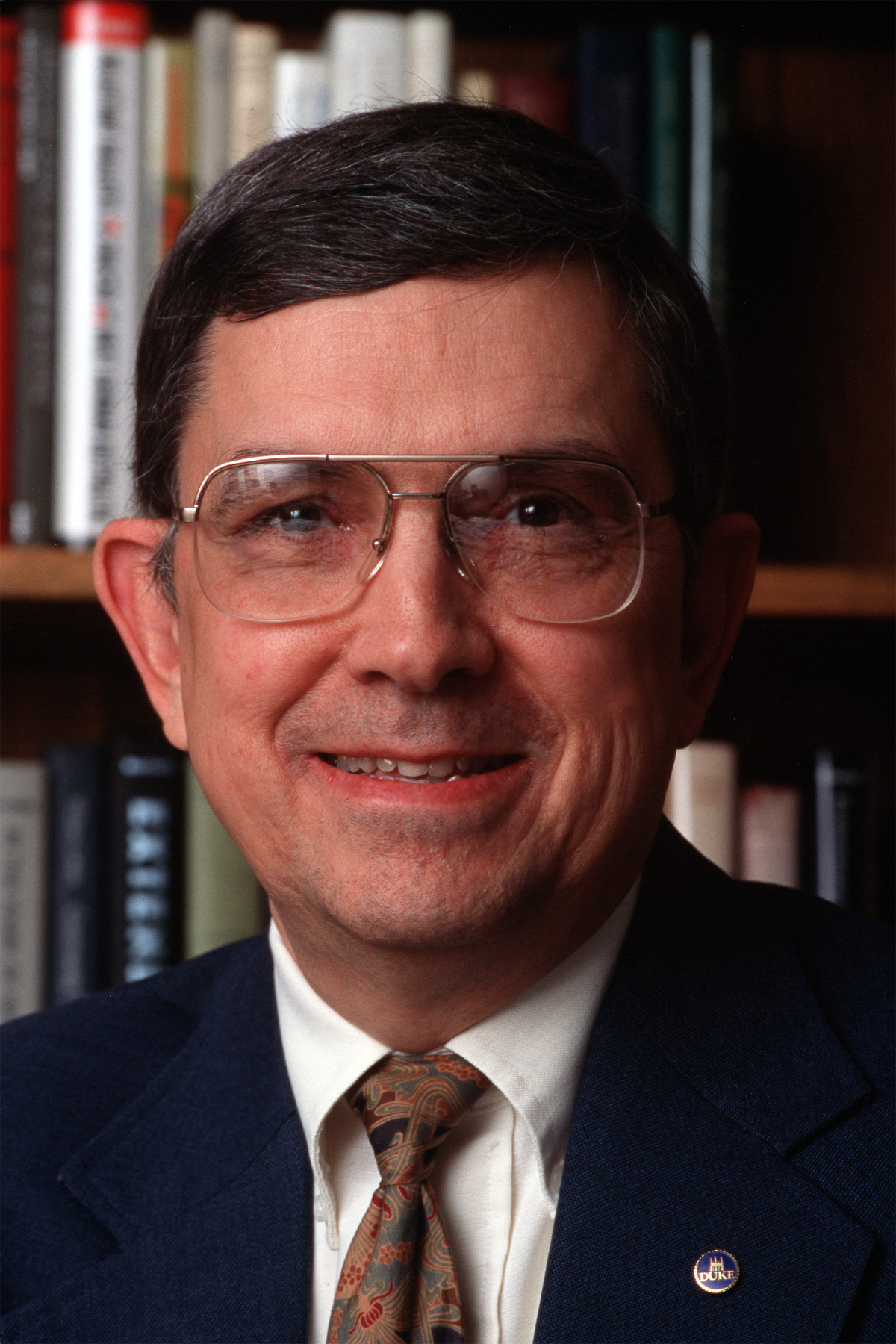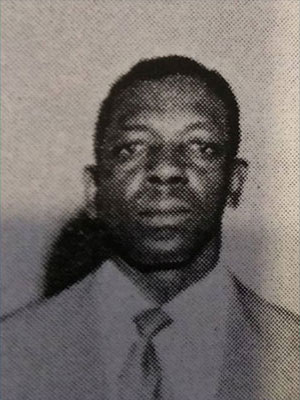To William King, a university archives is about a whole lot more than document storage.
In fact, he believes a university’s archives is a lively, active participant in the life of a university. And he should know. King was Duke’s first University Archivist and worked in the archives for 30 years, retiring in 2002.
“I’ve always believed the archives has been important because university history has to have an active role and an accurate role in the decision-making process here,” King said in a campus interview at the time.
King seemed a particularly good fit as Duke’s archivist. A historian with a doctorate from Duke, King seemed destined always to be a Blue Devil. Both parents attended the university, as did his wife and son. In his immediate family, there are eight Duke degrees.
“[King has] had a long association with the university, which is valuable for an archivist, but he‘s also had the doctoral training to give him the academic experience to run the office,” said Bob Durden, a Duke history professor who has written about the university, in an interview with Duke Today. “That combination of zeal for the university and a good solid scholarly background is a rare find for an archivist.”
King was hired in 1972 by then-President Terry Sanford. He learned quickly that important university papers were abundant but scattered around campus. He found some in stacks of boxes in the basement of Duke Chapel. Others, stuffed into the attic in Old Chem.
Late in his tenure, King began promoting the archives more publicly. He wrote “If Gargoyles Could Talk,” a collection of 71 essays about Duke history aimed at uncovering lesser-known university stories he unearthed in the archives.



